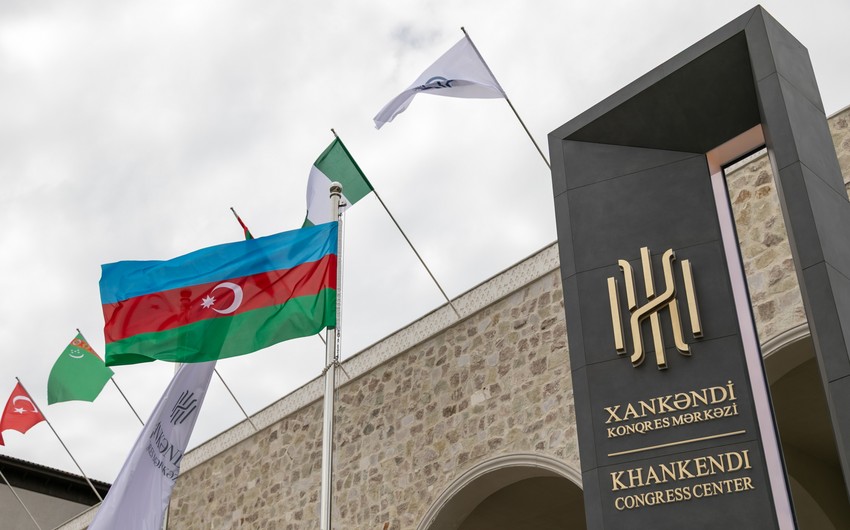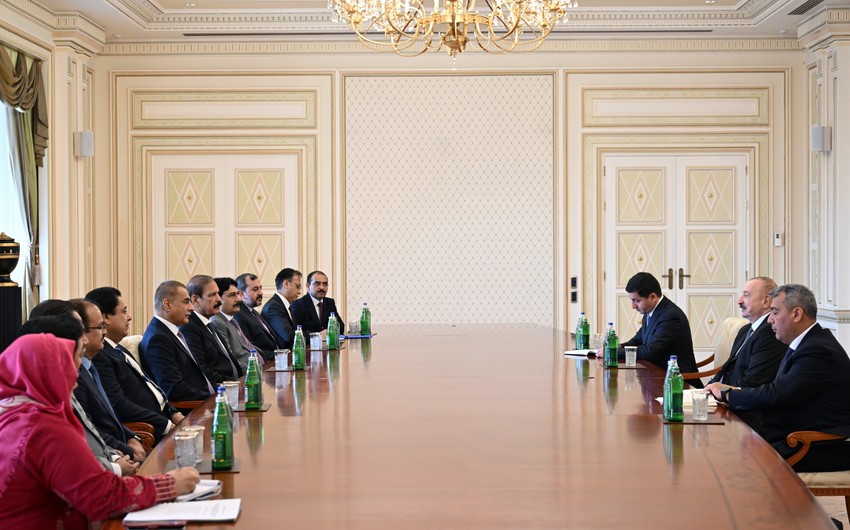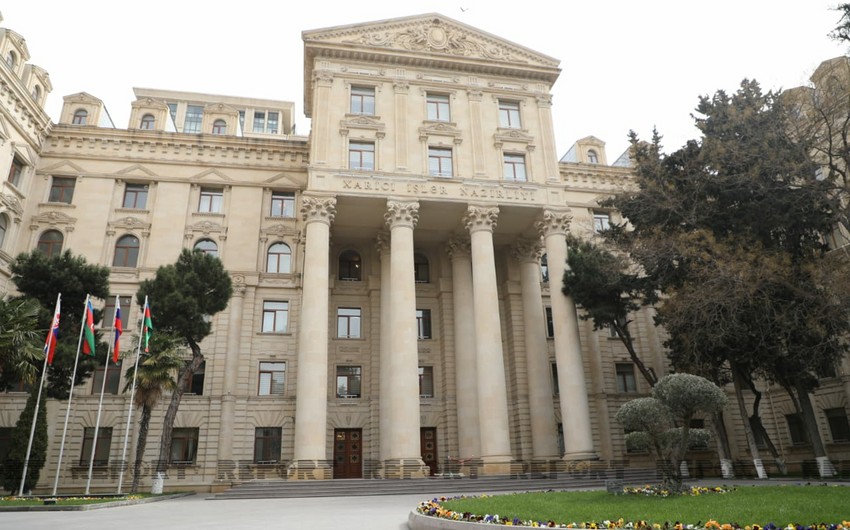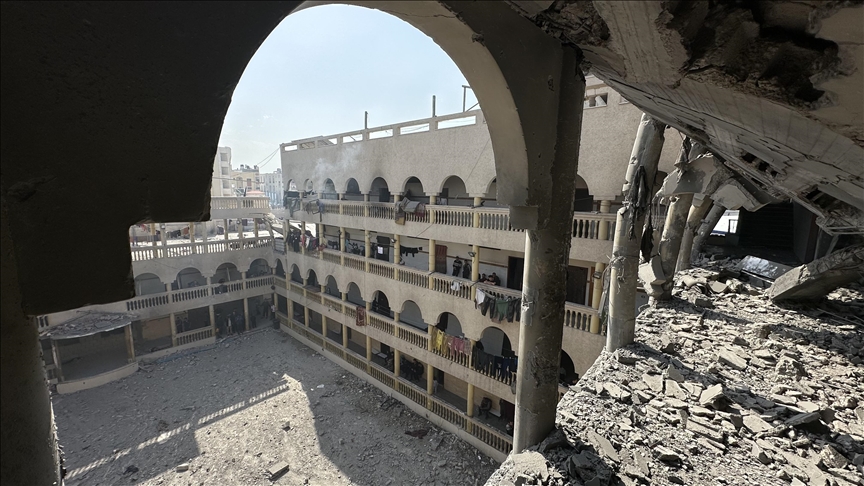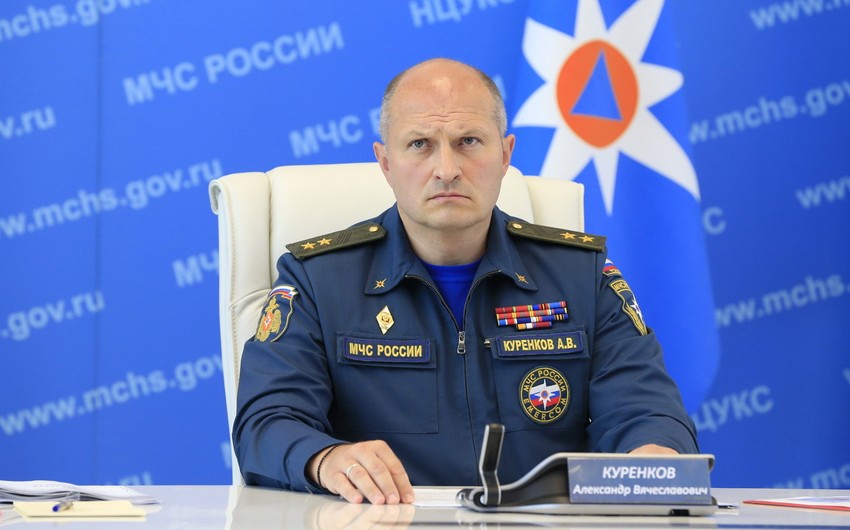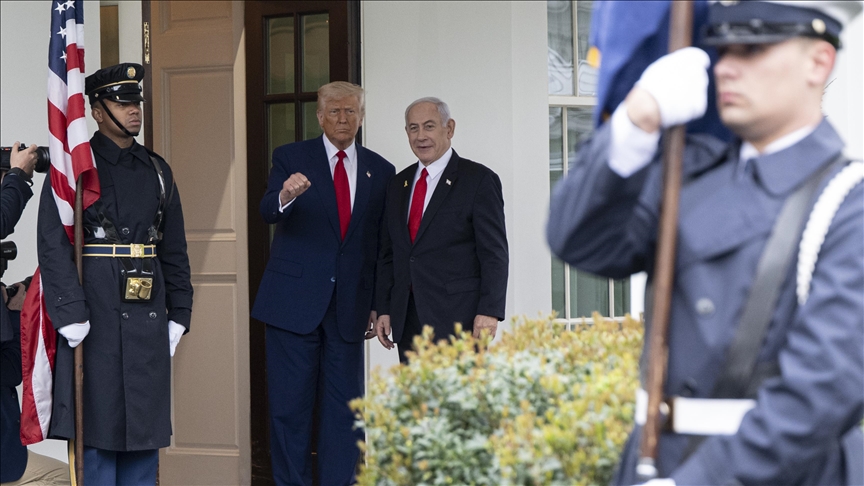Since joining the Economic Cooperation Organization (ECO), Azerbaijan has established itself as an active participant, promoting key regional projects, particularly in energy and transport, reads an article by EU Reporter, EDnews reports.
The article reminds that Azerbaijan has already hosted ECO summits twice - the 9th ECO summit was held in Baku in May 2006, and the 12th in October 2012. However, of all the summits held in Azerbaijan, the most significant is the recently held 17th summit in Khankandi.
"The 17th ECO Summit in Khankendi is especially significant in light of Karabakh’s reintegration and reconstruction. Karabakh region has become an arena for important diplomatic meetings and international forums after liberation," reads the article.
It is emphasized that Azerbaijan aims to deepen cooperation with the ECO in all key areas of the economy, including on issues of green transition and connectivity (transport and logistics): "The country is deepening cooperation within the ECO. Azerbaijan’s trade turnover with ECO countries continues to grow. In 2024, this figure reached $7.95 billion, with the largest trade volume conducted with Türkiye (77.1%), followed by Iran (8.1%), Kazakhstan (5.9%), and Turkmenistan (4.8%). The rest included Uzbekistan, Kyrgyzstan, Pakistan, Tajikistan, and Afghanistan. Deepening cooperation within the ECO framework is strategically important, as several ECO members—including Kazakhstan, Kyrgyzstan, Uzbekistan, and Türkiye - also belong to the Organization of Turkic States (OTS), further linking shared regional interests."
In addition, Azerbaijan plays a key role in the region’s transport connectivity.
"In transport sector, Azerbaijan plays a pivotal role in implementing regional corridors, including the International North–South Transport Corridor (INSTC) and the Middle Corridor or the Trans-Caspian International Transport Route (TITR). Projects like the Baku-Tbilisi-Kars (BTK) railway enhance direct access between Central Asia, the South Caucasus, and Europe, increasing Azerbaijan’s geopolitical and geoeconomic relevance. The BTK project helps reduce transportation costs and increases transit operations through the Middle Corridor. Improved infrastructure and increased cargo transit through these corridors will significantly boost trade within the ECO regions. All critical infrastructure projects have transferred the country into a key international transport and logistics hub," reads the article.

